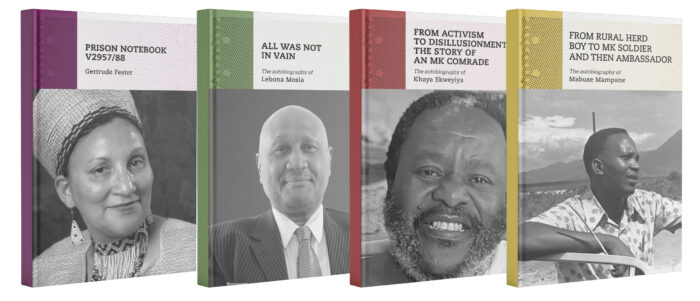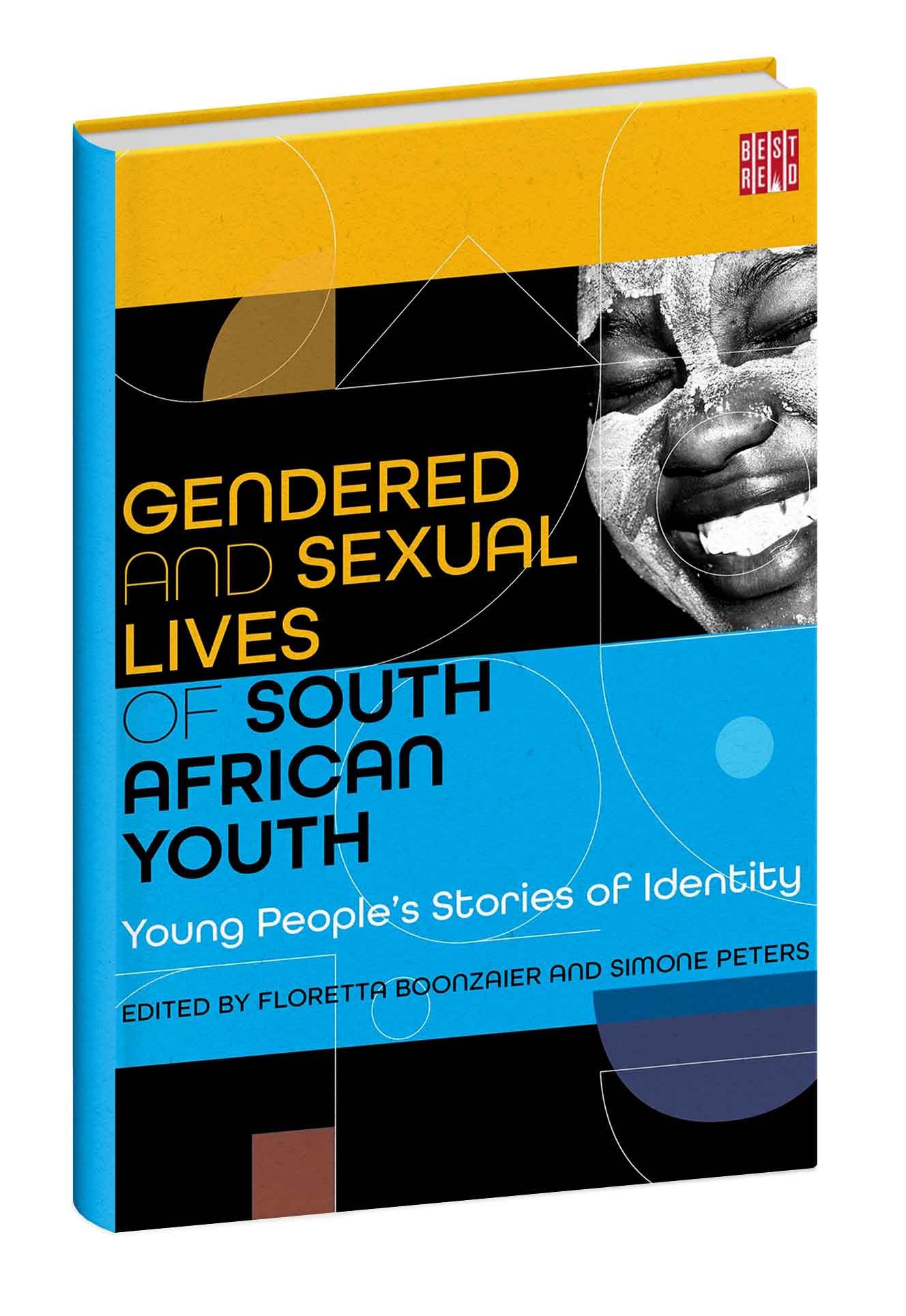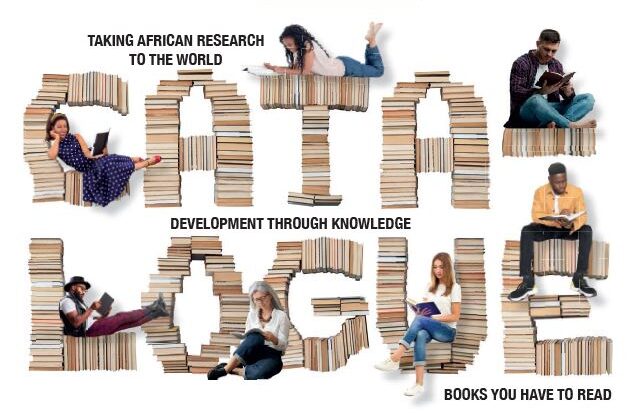
Many of South Africa’s military veterans have felt somewhat excluded from the grand apartheid struggle narrative, and that they have not received recognition for their role in the country’s liberation. This has motivated a number of them to document their stories, a project supported by the HSRC and the Department of Military Veterans. Cyril Adonis, Gregory Houston and Yul Derek Davids share the details and benefits of this collaboration.
After the 1960 Sharpeville Massacre and the banning of political organisations, military veterans were a cornerstone of the fight for liberation. Over three decades of armed struggle, they faced harassment by the security forces, detention without trial, torture, imprisonment, separation from families, departure for exile and worse. They undertook military training abroad, lived in military camps, participated in underground political and military operations inside South Africa, and combatted rebel forces in Angola. Many experienced injuries or lost their lives in the struggle.
One of the main aims of the Military Veterans Act (Act No. 18 of 2011) is to recognise and honour military veterans in life and remember them in death for their sacrifices on behalf of the nation. The Act is implemented by the Department of Military Veterans (DMV), which was established following the integration of the armed wings of the liberation movement – i.e. Umkhonto we Sizwe, the Azanian People’s Liberation Army, and the Azanian National Liberation Army – as well as the former South African, Transkei, Bophuthatswana, Venda and Ciskei defence forces, into the South African National Defence Force of today. DMV is responsible for facilitating activities to restore dignity to veterans and recognise their contribution to our freedom and nation building.
The Military Veterans Act places an obligation on the state to roll out the following services and benefits to military veterans and their dependents: military pensions; housing; free access to military health services; free or subsidised access to public transport; skills acquisition and education support; job placement; burial support; entrepreneurial support services; and counselling.
Documenting life stories
Up until now, military veterans, especially those from the former non-statutory military forces, have not felt adequately recognised. Many feel that they are excluded from the grand narrative of the anti-apartheid struggle; however, with few exceptions, they lack the financial resources to write and publicise personal memoirs.
To remedy this, the DMV has prioritised the publication of manuscripts produced by military veterans, giving voice to their experiences both as combatants and as veterans in post-apartheid South Africa. The department is keenly aware of the urgency of focusing particularly on unpublished or incomplete manuscripts produced by veterans who are elderly and/or in ill health, in order to ensure that their stories are told.
This process was started with the assistance of the HSRC and resulted in the enhancement, editing and publication of several manuscripts, including those of Phillip Kgosana, Dan Mdluli, Eddie Funde, Themba Dlamini, and Teboho Molotsi. Phillip Kgosana’s published memoir Lest we forget was enhanced and edited by a team of HSRC researchers with funding from the then CEO of the HSRC, Professor Crain Soudien. The research team edited and published the remaining manuscripts under a five-year Memorandum of Understanding (MOU) between the DMV and the HSRC that ended on 31 March 2020.
Given the success of the relationship between the two parties, and the DMV’s mandate to recognise and honour military veterans, a second five-year MOU was concluded in October 2020, with the publication of more memoirs identified as a primary area of collaboration.
With the HSRC’s assistance, memoirs belonging to Gertrude Fester, Khaya Skweyiya, Lebona Mosia, Morena Motaung, Mabuse Mampane, and Muntu Nxumalo were published and launched on 31 March 2022. The DMV has also contracted the HSRC to complete the biography of late Ambassador John Kgoana Nkadimeng. On the recommendation of the DMV and the Nkadimeng family, writing the biography of John Nkadimeng was undertaken by Professor Peter Delius of the University of the Witwatersrand and this manuscript is currently in the publication process.
Engagements between the DMV and HSRC are already under way for the publication of additional military veterans’ manuscripts during the 2022–2023 financial year. Given the fact that the DMV is inundated with requests for assistance from military veterans to have their life stories published, this is likely to be prioritised for the remainder of the MOU that will end in October 2025. The collaboration is also prioritising the publication and launching of the Nkadimeng biography this financial year.
The impact
In addition to honouring the heroes and heroines of the liberation struggle, these records are invaluable sources of knowledge, insight and inspiration for the current generation of change makers in South Africa, and for future generations. The personal stories of these extraordinary individuals provide a lens through which to understand the particular historical period and events better. They also provide fuller portraits of the human beings beyond the deeds, ideals, glory and greatness that are distilled and sometimes mythicised in historical narratives of struggle heroes.
The collaboration between the DMV and HSRC aims to contribute to a broader social reconstruction project. The HSRC, with its knowledge-brokering and impact-assessment capabilities, proposes a public engagement strategy after the publication of the manuscripts, in order to exploit their potential for contributing to social cohesion. This strategy could be centred on knowledge-brokering activities and intergenerational dialogues. Including other relevant stakeholders such as the Department of Basic Education and the Government Communication Information System would also be critical and contribute to ensuring that the partnership between the HSRC and DMV has maximum impact.
Contact:
Dr Cyril Adonis, a senior research specialist, Dr Greg Houston, a chief research specialist, and Dr Yul Derek Davids, a research director in the HSRC’s Developmental, Capable and Ethical State research division
Watch: The eNCA’s Faith Mangope speaks to Irene Mpolweni, the director general of the Department of Military Veterans.


